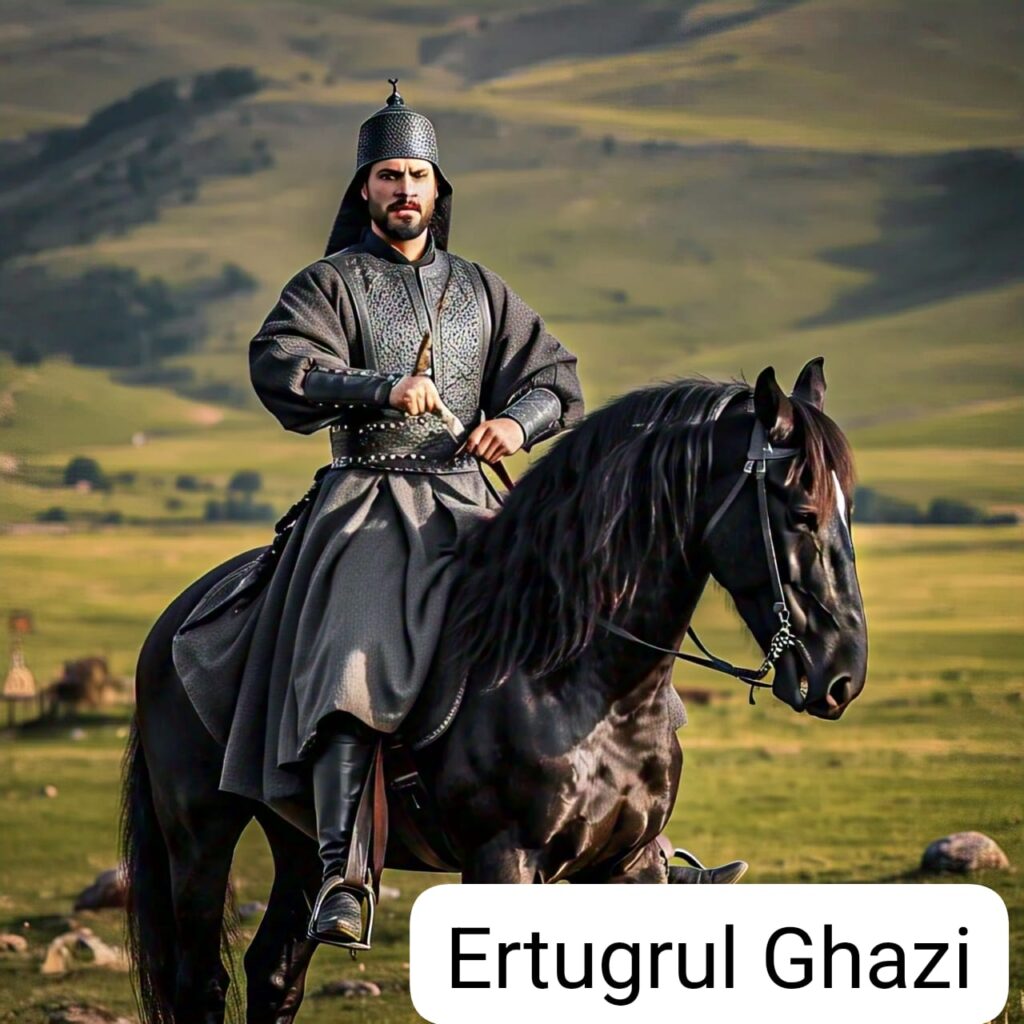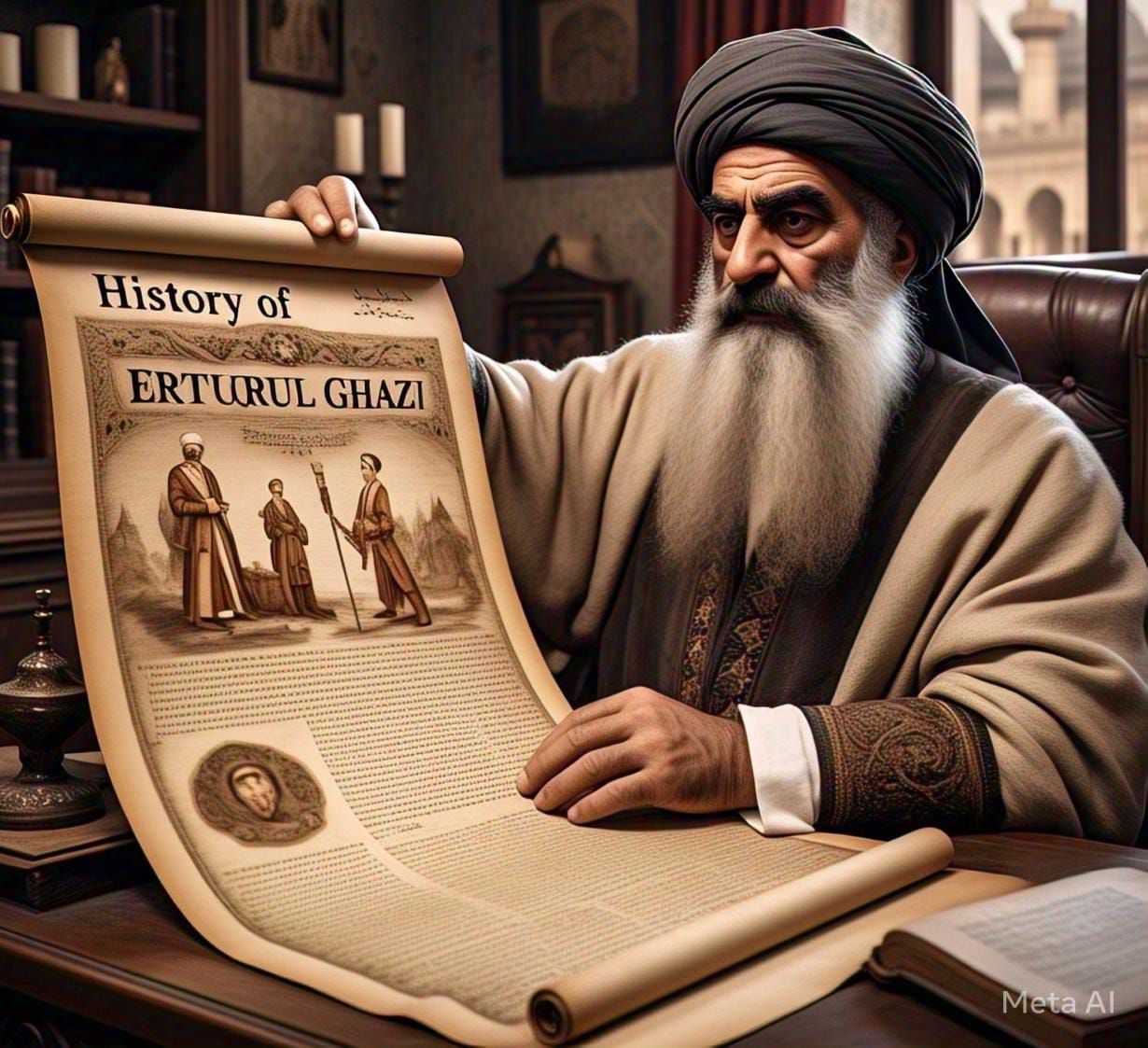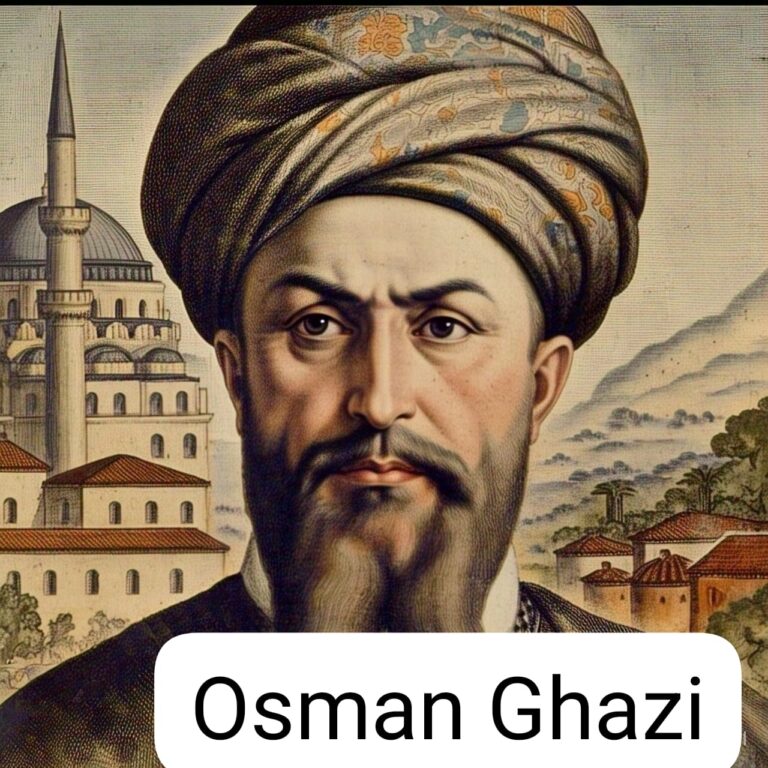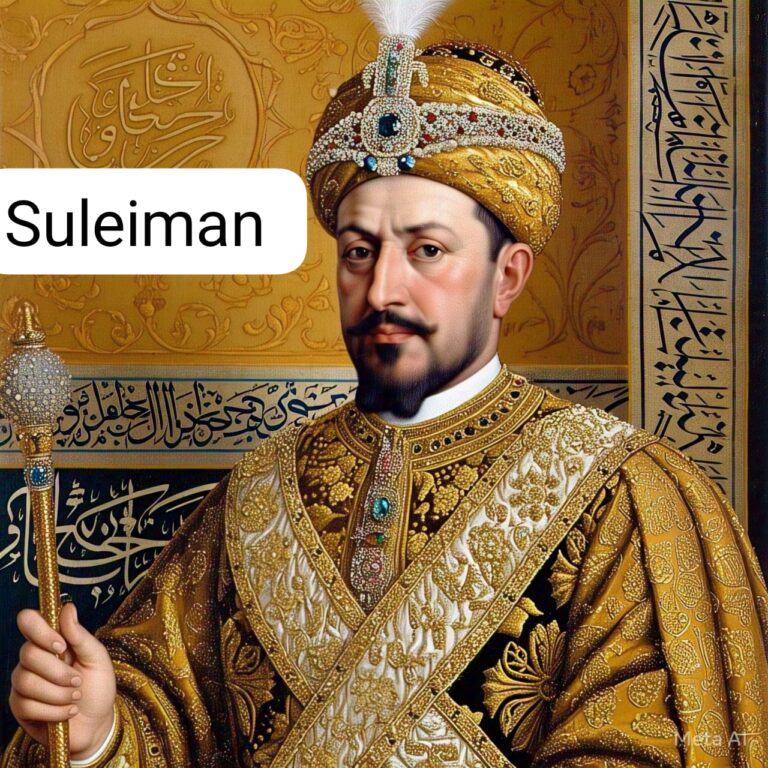History Of Ertugrul Ghazi
Introduction
Ertugrul Ghazi, also known as Ertugrul Bey, was a Turkish tribal leader who lived in the 13th century. He was the father of osman I, the founder of Ottoman Empire, and played a significant role in the early history of the Ottoman state. This artical will explore the life and legacy of Ertugrul Ghazi, examining his early life, his leadership of the Kayi tribe, and his impact on the development of the Ottoman Empire.
Early Life
Ertugrul Ghazi was born around 1191 AD in the city of Ahlat, in what is now modern-day Turkey. His father was Suleyman Shah, a Turkish tribal leader, and his mother was Hayme Hatun. Ertugrul was the youngest of three brothers, and his family was part of Kayi tribe, a Turkic people who had migrated from Central Asia to Anatolia.
Leadership of the Kayi Tribe
Ertugrul Ghazi became the leader of the Kayi tribe after his father’s death. He was a skilled military leader and strategist, and he quickly set about expanding his tribe’s territories. Ertugrul formed alliances with other Turkish tribe and began to challenge the authority of the Seljuk Empire, which had dominated much of Anatolia for centuries.
The Battle of Kose Dag
One of Ertugrul’s most significant military victories was the Battle of Kose Dag fought in 1243 AD. The battle was a decisive victory for the Turkish tribes, and it marked the begining of the end of Seljuk rule in Anatolia. Ertugrul’s leadership and bravery played a Key role in the battle, and he was hailed as a hero by his people.
Relationship with the Seljuk Empire
Ertugrul Ghazi’s relationship with the Seljuk Empire was complex and often tumultuous. While he was a vassal of the Seljuk Empire, he also challenged their authority and expaned his tribe’s territtories at their expense. Ertugrul’s military victories and diplomatic skills allowed him to maintain a degree of independence from the Seljuk Empire, while still benefithing from their trade and cultural exchanges.
Legacy
Ertugrul Ghazi legacy is profound and far-reaching. He played a significant role in the early history of the Ottoman Empire, and his military victories and diplomatic skills laid the foundation for the empire’s future growth and success. Ertugrul leadership and bravery inspired his people, and he is still remembered and celebrated in Turkey and around the world.

Conclusion
In conclusion, Ertugrul Ghazi was a significant figure in the early history of the Ottoman Empire. His leadership and bravery played a key role in the expansion of the Kayi tribe’s territories, and his military victories and diplomatic skills allowed him to maintain a degree of independence from the Seljuk Empire. Ertugrul legacy continues to inspire and fascinate people to this day, and his impact on the development of Ottoman Empire cannot be overstated.
The Ottoman Empire’s Early Years
The Ottoman Empire was founded by Osman I, Ertugrul son, in the late 13th century. The empire would go on to become one of the largest and most infulential empire in history, spanning over 600 years and covering much of Southeast Europe, Western Asia, and North Africa.
Ertugrul Impact on Ottoman History
Ertugrul Ghazi impact on Ottoman history cannot be overstanted. His military victories and diplomatic skills laid the foundation for the empires future growth and success. Ertugrul leadership and bravery inspired his people, and played a significant role in the early history of the Ottoman Empire.
The Kayi Tribe’s Migration to Anatolia
The Kayi tribe’s migration to Anatolia was a significant event in Turkish history. The tribe had migrated from Central Asia to Anatolia in search of new pastures and resources. Ertugrul Ghazi leadership and bravery played a Key role in the tribe’s migration, and he helped to establish the tribe as a major power in the region.
Ertugrul Relationship with His Son Osman
Ertugrul Ghazi relationship with his son Osman I was close and influential. Osman would go on to found the Ottoman Empire, and Ertugrul leadership and bravery played a significant role in shaping his son’s ambitions. Ertugrul legacy continues to inspire and fascinate people to this day, and his impact on the development of Ottoman Empire cannot be overstated.




